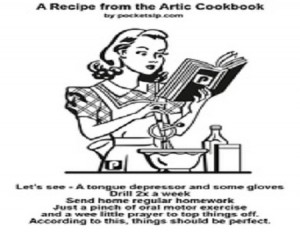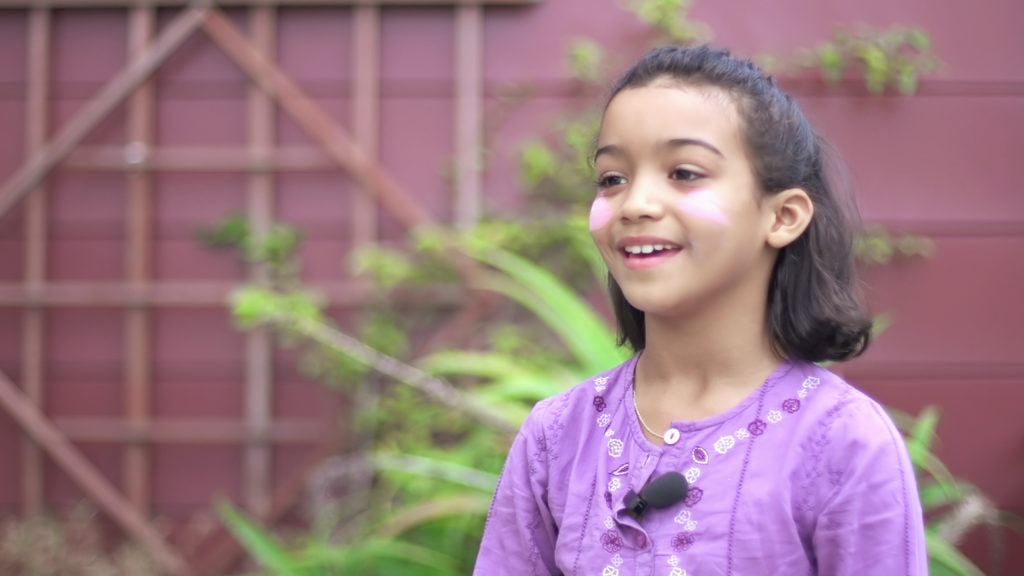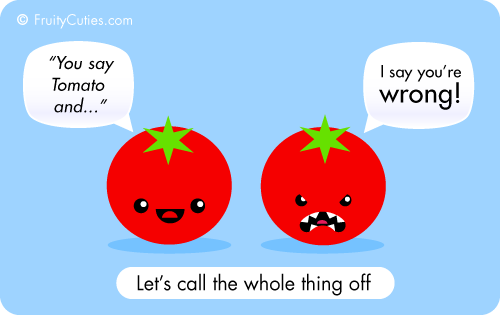Articulation. What exactly does that mean? Articulation is the movement of the tongue, lips, jaw, and other speech organs (the articulators) in order to make speech sounds. It is considered an articulation disorder when there are problems making the sounds. Sounds can be substituted, left off, added, or even changed. Often, it is young children who make speech sound errors. They may say “wabbit” instead of “rabbit”, or leave out certain parts of a word such as “nana” for banana. If these errors continue past a certain age without improvement, your child may have an articulation disorder. Are articulation disorders treatable? Absolutely. And you can work on improving articulation skills at home. Here are four easy articulation activities that you can do at home.
Continue reading
Speech Therapy App Review – Articulation Test Center by Little Bee Speech
Apps Parents' Corner Pronunciation & LispsReview of Articulation Test Center, by Little Bee Speech
I had the opportunity to demo and review the speech therapy app Articulation Test Center, a recently published diagnostic app developed by Little Bee Speech, the makers of Articulation Station.
First, a little background: Articulation Test Center is intended to be the diagnostic corollary to Articulation Station, the company’s flagship app and a one-stop shop for all of your articulation-related treatment needs. Articulation Test Center is that one-stop shop for all your articulation-related diagnostic needs and includes two main assessment tools: Quick Test and Full Test, the former being a screening tool either to rule out a possible articulation delay or disorder, or to use an ongoing, dynamic assessment tool throughout therapy; the latter is a more comprehensive assessment instrument that would more definitively suggest the presence or absence of an articulation delay or disorder.
What Everyone Needs to Know About Articulation Disorders
Articulation Disorders Language Development Parents' Corner Phonological Processing Disorder Pronunciation & Lisps Speech delay Speech Disorders Speech Therapist
This week, we are taking a fresh and in-depth look at articulation disorders in children, including trying to decipher what is fact, fiction and frankly what you need to know about articulation disorders in relation to normal speech development milestones.
Gobble, Gobble! 10 Thanksgiving Speech Therapy Games
Games and Activities Language Development Speech Disorders Speech Therapy Techniques- Image Courtesy of www.covermytimeline.com
It’s almost turkey time, so get the holiday started off right with a few Thanksgiving speech therapy games that build articulation skills and improve communication – in a fun and engaging way.
Gobble Up Articulation with These 10 Thanksgiving Speech Therapy Games!
1. Fill a Cornucopia of Vocabulary Words – You can play this activity for several days and use either an actual cornucopia (I have both a decorative wire one and wicker ones), or print one like this and have your child color it. Then cut pieces of paper into small shapes – I like to make pumpkins, corn, and other simple festive shapes on orange, red, yellow, and brown paper. Work with your child on building target vocabulary words and every time one is considered “achieved” or “mastered”, add it to the cornucopia. If you’re using a paper version, just glue or tape the words on the paper cornucopia and hang it in an area of the house that is easy for your child to see. Continue reading
The Role of Culture in Articulation Disorders
Language Development Speech Disorders Speech TherapistWhen is Articulation Disorder More than an Accent or Dialect?
If beauty is in the eye of the beholder, then sometimes the speech disorder is in the ear of the listener. If you’ve done any travelling, live in a large city with cultural depth, or have moved from one state to another, you have probably noticed various accents and dialects within the same language. When it comes to articulation disorders, sometimes it is actually more dialectal difference than actual disorder.
Articulation Disorders
Typical articulation disorders that emerge in childhood might include any of the four following:
- Adding – new sounds are added to words, such as a child saying /incredibubble/ instead of /incredible/
- Deleting – a sound is deleted from the word, such as a child saying /do/ instead of /dog/
- Distorting – the sounds are altered, such as a child saying /grampa/ instead of /grandpa/
- Substituting – a new sound is substituted for an original, such as a child saying /free/ instead of /three/
In fact, many times very young children are just experimenting with language and these signs of disorders are outgrown by the time the first day of kindergarten has arrived. For some kids, however, these articulation disorders persist and speech therapy is used to help them overcome these communication hurdles. Continue reading





